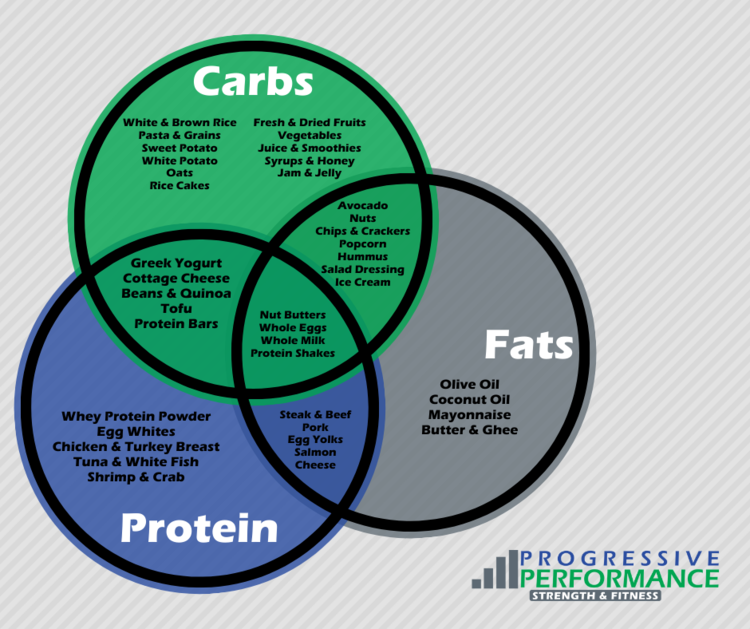When you’re deciding to eat or drink something, what is your main motivation behind choosing that particular item? Aside from being hungry or thirsty, it’s likely because you like the taste, texture, or feeling that consuming that food or drink gives you. Do you ever find yourself rewarding certain things like exercising at the gym, a hard day at work, or avoiding ‘bad foods’ for a specific duration of time, with a ‘cheat meal’ or a food item? This is a cycle that a lot of us find ourselves caught in, and it is stopping us from making meaningful lifestyle changes and improving our relationship with nutrition. We have to change our approach towards food.
Table of Contents
ToggleWhat does food mean to our body?
In order to function, our body needs fuel, i.e. caloric energy. Food is fuel for our bodies. Food is how we will reach our health and fitness goals. How are you fueling your body to achieve the goals you have set for yourself? Whether you are working towards a scale goal (i.e. weight loss/gain/maintain), and/or non-scale goals (i.e. increasing your squat one rep max, completing a 5k event), we should be focusing our attention on making nutrition choices that will set us up for success. When we start thinking about food as a means to powering our goals, we can take a more mindful approach to our nutrition every day.
Check out one of our blogs about How to Eat to Gain Muscle if that’s one of your goals!
The Science of Weight Management
If you want to achieve the results you’ve been dreaming about, and build lifelong habits, you have to take the emotional connection that we all have towards food out, and start thinking about your nutrition as a science. Delicious science, but science nonetheless.
For my nutrition clients, I give them a daily calorie budget that I expect them to stay within, along with macro-nutrient goals (protein, carbohydrate, and fat) that will help them feel satiated and give them the energy needed to perform their workouts at the gym, long days at work, and in their daily lives as parents and spouses. By keeping ourselves accountable to macro-nutrient goals we can be sure that the foods, and beverages, on which we decide to consume are nutrient-rich and worth spending our calorie budget.
A properly balanced nutrition plan, with a calorie budget that doesn’t leave us feeling deprived day after day is what I recommend to my clients who are interested in building a healthier relationship to nutrition.
What do I mean by properly balanced? I’m talking macro-nutrients: carbohydrates, protein, and fats.

All three play important roles in the daily functioning of your body, as well as impacting your performance in the gym. Finding a balance that allows you to feel satiated, and provides your body the building blocks to build and exert strength, power, confidence.
I’ve found that 40{885586236f5820200058e61f9e2fcec1023d525f8b1a6e4e5a4fd7f3c0d65acb} carbohydrate | 30{885586236f5820200058e61f9e2fcec1023d525f8b1a6e4e5a4fd7f3c0d65acb} Protein | 30{885586236f5820200058e61f9e2fcec1023d525f8b1a6e4e5a4fd7f3c0d65acb} Fat is what works best for most of my athletes and clients.
Stop Judging Food as Good vs. Bad
Another huge factor? Variety, and not labeling foods as ‘off-limits’. I believe that every food can be consumed, but we have to take into account what that food equates: how expensive were the calories consumed to our daily calorie budget, was that food satisfying, will that food help fuel our body and further our goals? I cannot stress enough that making mindful decisions when it comes to nutrition is so empowering. Choosing to eat something because you know how it will improve your mood after a hard day at work, your performance in the gym, or at your athletic endeavor, will give you the control because you have the knowledge of what your body needs to function.
We have to take back the power and emotional attachment we all have towards eating, and stop using food as a reward, just like we need to adjust our perspective on exercise as a punishment for calories consumed. We’re not dogs doing tricks, we don’t need treats or rewards. We have to shift our perspective if we want to achieve the results we want. Our fuel can be tasty, but rewarding ourselves with empty calories and nutrient-devoid foods isn’t truly a reward after all, is it?



